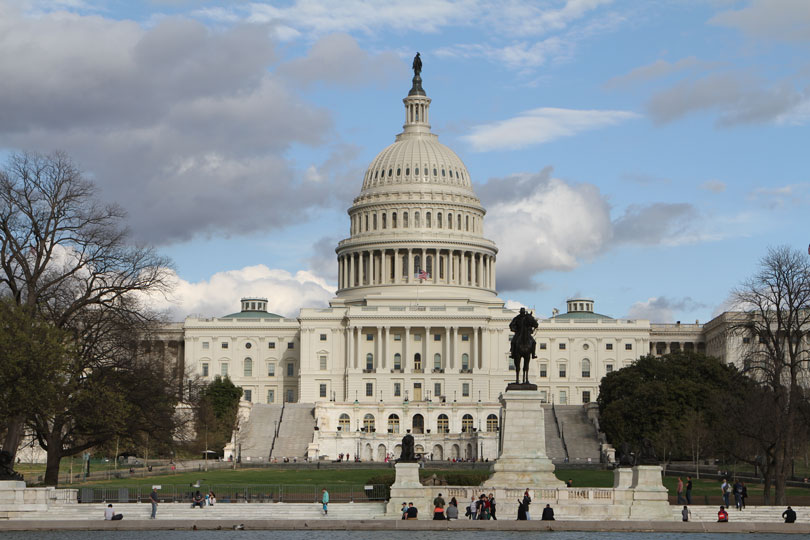Lawmakers are quickly facing the deadline to fund the federal government and pass a new farm bill.
Farmers and ranchers will immediately notice the impact of a potential government shutdown, American Farm Bureau Federation (AFBF) Executive Vice President Joby Young said.
“When farmers and ranchers look at it, they’re going to think about USDA and USDA programs. And so, that could be everything from your farmer-facing programs like your FSA offices and NRCS offices, and places where there might be furloughed employees,” Young said. “And then there are certain entire programs that have to cease operations during the course of a government shutdown, loan programs and some other things that can be affected.”
Young noted consumers will notice a few changes, as well, should a shutdown occur.
“There are some things that are exempted from a government shutdown—protection of property, protection of human life, some of the food safety inspections and other things might fall into those categories,” he said. “But USDA programs certainly are one of those areas that can have complications and can be hindered by a government shutdown. Agencies that do nutrition programs and other things are affected during a government shutdown, as well.”
While a government shutdown would impact farmers and consumers more quickly, it’s important for Congress to remember that farm bill expiration would have implications, too.
“That’s a very complex picture, of course. The government shutdown clearly is a much more immediate impact. A farm bill expiration, a little bit more flexibility there because the programs that are under the farm bill across many agencies have a variety of expiration dates,” Young said. “But none of this is ideal, and they’re all certainly things that you don’t want to see. That’s why it’s important to both resolve the government funding debate because of its immediate effects, but also quickly move on to consideration of a farm bill and avoid any of the negative effects that might come from that.”

